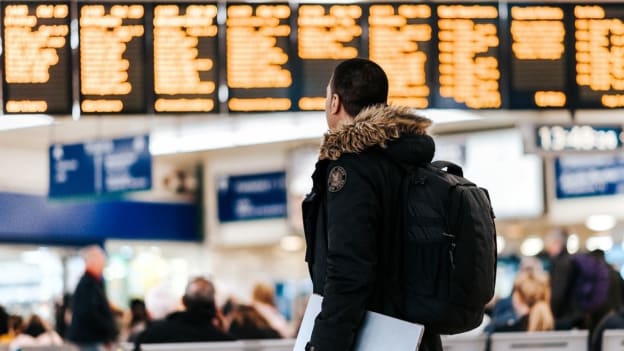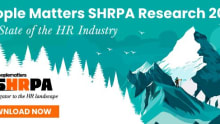Opening borders too soon could spell disaster for Australia – here's why

Despite hopes of achieving an 80% vaccination rate among eligible residents, Australia still runs the risk of seeing another surge in infections if it pushes through with plans to reopen its borders, new data modelling suggests.
Variants of COVID-19 have the potential to enter the country – similar to the havoc seen with the Delta variant which led to extended lockdowns. New cases due to more aggressive mutations are likely to emerge once the government relaxes travel restrictions, according to estimates published in the Medical Journal of Australia.
The New South Wales government earlier revealed the state would end hotel quarantine requirements for Australians and visitors travelling to Sydney from 1 November. This coincides with the travel order from Prime Minister Scott Morrison, who said international borders would allow entry to vaccinated Australians, permanent residents and their immediate families, but would remain shut to non-citizens.
Enforcing border restrictions – even as Australia works to raise vaccination rates across communities – may be a step in the right direction, following the results of the data modelling generated by the Centre for Big Data Research in Health at the University of New South Wales.
"The planned reopening of Australian borders to international travellers increases the risk of introducing new chains of infection and new variants of SARS-CoV-2," the study said.
Data modelling showed the possibility of new waves of infections and hospitalisations afflicting the population – even if 80% of eligible vaccine recipients were to receive the jab – if the pathogen that entered Australia had the same transmissibility as the Delta variant. The same would be true regardless if the country were welcoming a mere 2,500 or up to 13,000 entrants per day. Potential outbreaks would also require more stringent measures than social distancing and wearing a mask.
"Political and health system policymakers should not focus exclusively on defining vaccination thresholds at which particular restrictions might be removed," the study said. "Instead, they should recognise that mass vaccination is unlikely to achieve complete protection against COVID-19."
















